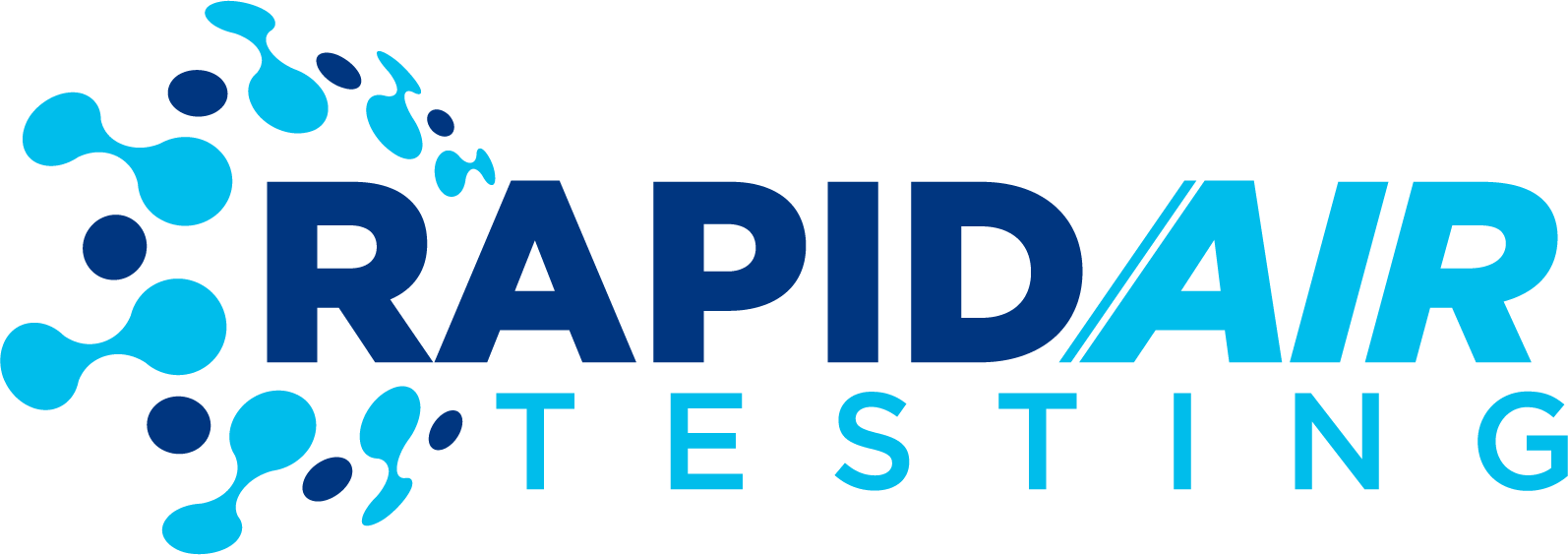Owning a home is a significant investment, and maintaining its value is crucial. One of the hidden threats that can undermine your property’s worth is black mold. Understanding the importance of black mold testing can not only help ensure a safe living environment but also protect your investment. In this blog, we will explore how black mold testing works and its essential role in preserving your home’s value.
ASK US ABOUT OUR MOLD TESTING AND OUR MOLD INSPECTION SERVICES
Understanding Black Mold and Its Risks
Black mold, scientifically known as Stachybotrys chartarum, is notorious for being one of the most dangerous types of mold. It thrives in damp, humid environments and can often go unnoticed until it has caused significant damage. The risks associated with black mold are not just structural; they can pose serious health threats to you and your loved ones. Symptoms such as respiratory issues, allergic reactions, and skin irritation can arise from exposure, making it imperative for homeowners to understand its implications.
Mold spores are common in indoor environments, but when they find a suitable place to grow, they can reproduce rapidly. Areas prone to moisture, such as basements, bathrooms, and kitchens, are prime candidates for black mold growth. Homeowners must educate themselves about the specific conditions that promote black mold development, enabling them to take preventive measures that can protect their home’s integrity and the health of its occupants.
Inadequate ventilation and water leaks are significant contributors to mold proliferation. Homeowners who are aware of these issues can take action quickly, reducing the likelihood of a mold outbreak. Regular inspections and understanding the composition of materials used in the home can alert you to risks that may encourage black mold growth. Taking the time to learn about these factors is crucial for effective home management and long-term safety.
The Importance of Black Mold Testing
Black mold testing is a vital step that every homeowner should prioritize. While many might argue that mold issues are manageable, the truth is that undetected mold can lead to extensive damage that might not be visible at first glance. Testing helps identify hidden mold, which is why many property owners fail to recognize the severity of the problem until it’s too late. By conducting black mold testing, you’re investing in the health and safety of your family and the longevity of your home.
Warning signs often aren’t obvious; that’s why proactive testing is essential. Some homeowners may notice an unusual musty smell or observe discoloration on walls or ceilings, but these symptoms do not encompass the full extent of potential mold issues. Professional testing provides a reliable assessment, ensuring that you are either securing your home against a mold outbreak or addressing existing problems effectively.
Additionally, black mold testing can be a valuable asset when it comes to real estate transactions. Whether you’re looking to buy or sell, having proof of a mold test and subsequent remediation can significantly enhance your home’s value. Buyers are more likely to invest in a property that has been certified free of mold issues, which protects both their health and investment.
How Black Mold Testing Works
The process of black mold testing typically involves both visual inspections and air sampling. Professionals will examine areas prone to moisture and inspect any visible signs of mold growth. They employ specialized equipment to measure indoor mold concentrations, comparing them to outdoor levels. A professional’s expertise is critical; they can accurately identify potential problem areas that a casual observer might overlook.
In some cases, swab samples can be taken from suspected moldy surfaces to determine the type and density of mold present. This method is particularly effective when assessing areas that are difficult to reach or when visual inspections alone are insufficient. Knowing the exact strain of mold involved can inform the best course of action for remediation.
Once the test results are in, homeowners are provided with a comprehensive report outlining the extent of any mold present and recommended actions for treatment. This step is crucial, as it allows for targeted remediation rather than a one-size-fits-all approach. Understanding the specifics of what lies within your home’s walls empowers you to make informed decisions about your property.
Signs Your Home May Need Testing
Recognizing the signs that your home may need black mold testing is essential for safeguarding both your health and your property. One of the most common indicators is the presence of persistent water damage. If you’ve experienced leaks, flooding, or even prolonged humidity, your home may be at risk. Visible discoloration on walls or ceilings, especially black or green spots, is also a red flag that should not be ignored.
In addition to visible signs, subtle symptoms can signify mold presence. Unexplained health issues in the household, such as respiratory problems or worsening allergies, often correlate with mold exposure. If family members frequently experience these symptoms, it might be time to schedule a black mold test, especially if you suspect mold due to any of the aforementioned conditions.
Another sign that testing is warranted is a musty odor lingering in your living spaces. This smell may indicate hidden mold growth within walls or beneath flooring. If you notice your home has developed a smell that wasn’t there before, trust your instincts and consider professional testing to identify potential risks.
The Financial Impact of Mold Issues
Ignoring mold issues can lead to significant financial repercussions, making black mold testing an investment that can save you money in the long run. Mold can cause damage that affects both the structural integrity of your home and the health of its inhabitants. Addressing mold promptly can prevent costly repairs down the line, as mold tends to spread, leading to more extensive and expensive remediation efforts.
Additionally, black mold can have negative implications when it comes time to sell your home. Potential buyers are increasingly aware of the risks associated with mold and may hesitate to purchase a home with a history of mold issues, often demanding significant price reductions or leaving the market altogether. Conducting black mold testing and remediation when necessary can help maintain or even increase your home’s market value.
Furthermore, many insurance policies cover mold damage, but often only if it’s reported promptly. Failing to identify and resolve mold problems in a timely manner can result in denied claims, further compounding financial losses. Understanding the importance of black mold testing allows homeowners to be proactive rather than reactive, ultimately saving both time and money.
Choosing the Right Professionals for Testing and Remediation
When it comes to black mold testing and remediation, choosing qualified professionals is critical. Not all mold inspectors are created equal; looking for certified and experienced individuals can make all the difference. Researching potential inspectors and reading reviews from other homeowners can help you identify capable professionals who have a track record of success.
It’s also beneficial to consult professionals who use state-of-the-art technology for their testing. Companies that utilize advanced equipment can provide more accurate readings and thorough inspections, allowing homeowners to feel confident in their findings. Assessing the methods used by potential service providers gives you insight into their level of expertise and can also guide your decision-making.
Moreover, getting multiple quotes and asking about the warranty on remediation work can give you a clearer picture of the costs involved. Trust your instincts—if a quote seems too low, it could be a sign of subpar service. Making well-informed choices is critical to ensuring that you receive top-quality care in addressing black mold, ultimately protecting your investment.
Preventative Measures to Avoid Black Mold Growth
Preventing black mold growth is far more effective and economical than addressing it after it occurs. One of the most critical steps in prevention is maintaining proper ventilation throughout your home. Ensuring that air can circulate freely helps keep moisture levels down, reducing the chances of mold growth. Using exhaust fans in bathrooms and kitchens, and keeping doors and windows open when weather permits, are simple yet effective practices.
Another key factor is moisture control. Addressing leaks promptly and monitoring humidity levels in areas where moisture accumulates—such as basements—can significantly reduce mold risks. Consider using a dehumidifier in high-humidity areas to keep moisture levels in check.
Regular maintenance is also valuable in the fight against black mold. Check for leaks, clean gutters to prevent water backup, and inspect your home’s exterior for any signs of water intrusion. Cultivating these habits can enhance your home’s resilience against mold, keeping your living spaces safe and healthy.
Final Thoughts on Protecting Your Home
Investing in black mold testing is a proactive step every homeowner should consider. By identifying and addressing potential mold issues early, you can save money, enhance your living conditions, and protect the overall value of your home. Remember, a safe home is a valuable home.



 Suspected areas of growth
Suspected areas of growth